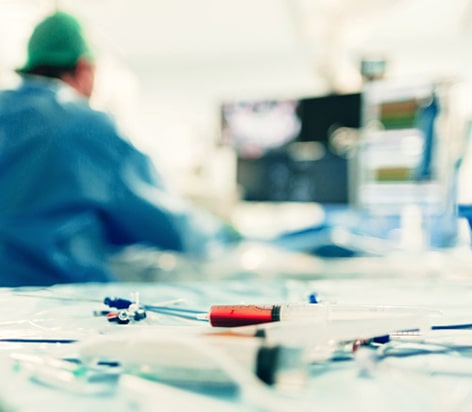
Cardiac devices play an essential role in the management of several cardiovascular conditions. Several devices are used, depending upon the type of treatment required. These include pacemakers, biventricular pacemakers, implantable cardioverter defibrillators, and Implantable loop recorders.